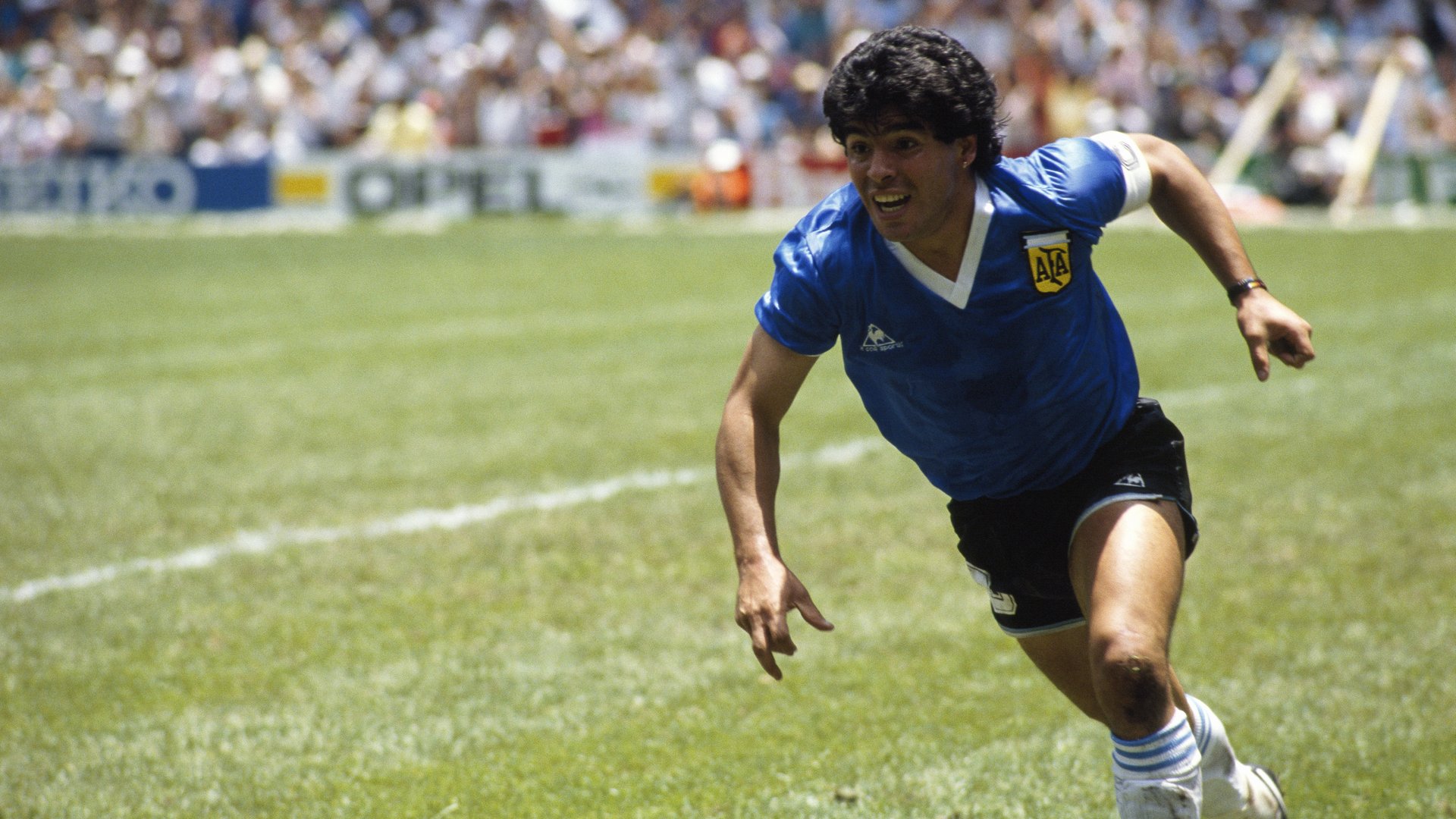Diego Maradona’s greatest quality was turning underdogs into champions
At my elementary school in a corner of northwest London, there were fights over who would get to be Maradona when we played soccer in the playground at recess. My first pair of cleats was a cheap version, possibly even knockoffs from the local Sunday market, of the Pumas he wore for most of his career.


At my elementary school in a corner of northwest London, there were fights over who would get to be Maradona when we played soccer in the playground at recess. My first pair of cleats was a cheap version, possibly even knockoffs from the local Sunday market, of the Pumas he wore for most of his career.
In the mid-1980s, Diego Maradona, who has died of a heart attack at the age of 60 today, was the greatest soccer player in the world, and already being spoken of as the best of all time. This was the era before YouTube and satellite TV, so it was a major event across the UK when he played for Argentina at the 1986 World Cup in Mexico. Hardly anyone in London had seen him play. I was eight years old, and I only knew him from my Panini sticker collection.
Argentina had a good team, as it usually does, but no other superstars. Maradona dragged his teammates—who were willing to run and work for him, but did not have the ability to create game-winning moments—to tournament victory. It is still the only World Cup in history in which a single player was so dominant.
At the time, he was playing his club soccer in southern Italy, for the unfashionable and unsuccessful Napoli. Naples was then one of Europe’s poorest cities, and constantly insulted by wealthier northerners, who still call Neapolitans “thieves” and “dirty” when their teams face each other. Napoli had never won an Italian championship and, like Argentina, had no superstars. But with Maradona, the team captured the only two titles in its history, before the player and the city’s reputation descended once again into the depths of drugs and organized crime.
It’s one thing to have the talent and drive to win championships as an athlete, or indeed, to have such success in any field. There are countless examples of individual determination and glory. But a team is a complex structure, with unseen dynamics, constantly changing rhythms, and a plan that may or may not work.
It is, for example, dangerous when a star teammate decides they’re no longer interested, and it may not be the best idea to hire a genius in the first place. In his steep 1990s decline, Maradona possibly exemplified both these theories. But between 1986 and 1990, he was operating at an extraordinary level that made ordinary players around him far better, and still stood out as the star of the team. Who else has achieved this? Michael Jordan had Scottie Pippen, and Pele played on the greatest Brazilian team of all time. Serena Williams and Muhammad Ali operated alone.
Maradona’s capacity to elevate may be the purest type of genius. He was raised in extreme poverty in a shanty town outside Buenos Aires, and became a drug addict with deep connections to the mafia. There’s no way of truly understanding the alchemy of these ingredients, and it is impossible to replicate in other contexts. But in sport, at least, we have seen nothing like it before or since.